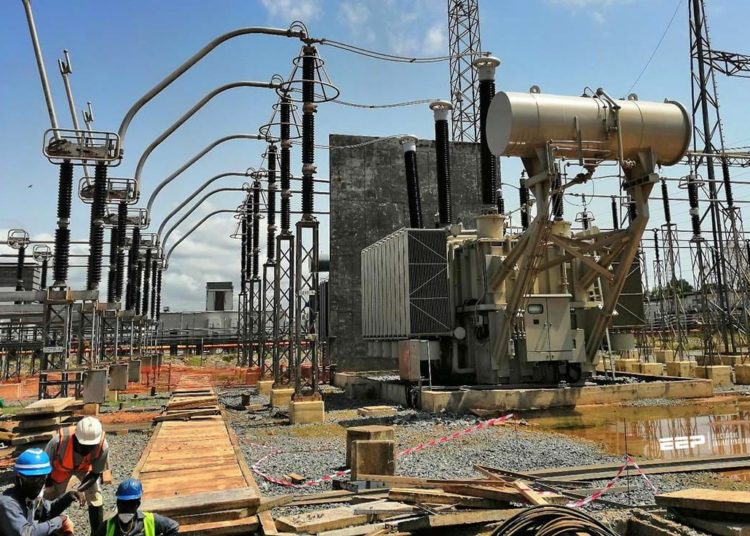The Nigerian power sector faces a dire situation as the National Control Centre (NCC) in Osogbo, Osun state, has instructed several power generation companies (GenCos) to reduce their power generation to the national grid from midnight onwards. This latest directive, issued on the backdrop of persistent load rejections by Distribution Companies (DisCos), is causing significant disruptions in electricity supply across the country, with Lagos already experiencing widespread power outages.
The power shortage, exacerbated by the reduced capacity of distribution infrastructure, highlights a chronic issue in Nigeria’s energy sector: a stark mismatch between the electricity generated and what the DisCos are able to transmit. According to Dr. Joy Ogaji, Managing Director of the Association of Power Generation Companies (APGC), the directive is a result of “high frequency” — a situation where the power generated by the GenCos exceeds the capacity of the distribution system, leading to a loss of power that could otherwise be used.
This regular occurrence of load reduction has placed an additional strain on an already fragile energy system, forcing GenCos to scale back generation despite an ongoing electricity deficit. DisCos, facing challenges in infrastructure and operational capacity, have been unable to take on the excess power, further deepening the crisis. While sources within the DisCos attribute part of the blame to gas supply shortages, this explanation fails to address the broader systemic issues.
Nigeria’s power generation capacity, while pegged at around 13,000 MW, remains underutilized, with only 3,500 MW to 5,000 MW typically available for distribution due to aging infrastructure and poor maintenance. The sector is heavily dependent on gas and hydropower, yet inefficiencies persist, with technical and non-technical losses continuing to hinder effective power delivery. These chronic issues demand urgent reforms and a comprehensive overhaul of the nation’s power infrastructure to meet the growing demand for electricity, stabilize supply, and improve the quality of life for Nigerians.
Without a long-term solution to the power crisis, including addressing gas supply challenges, expanding distribution networks, and upgrading generation capacity, Nigeria’s energy sector will continue to struggle with erratic and unreliable power supply, contributing to the ongoing economic and social challenges faced by the country. The time for systemic change is now.




